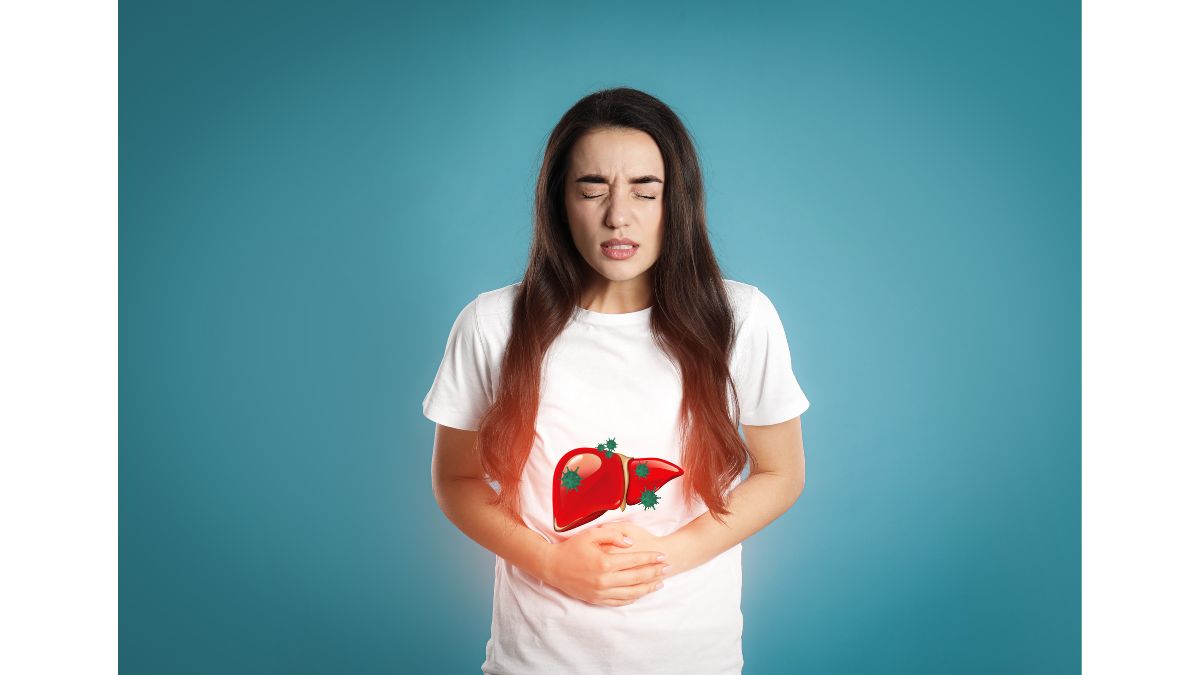- By Prerna Targhotra
- Sat, 06 Jul 2024 04:48 PM (IST)
- Source:JND
Common Waterborne Diseases: Every year, the onset of monsoons brings in a much-needed relief from the sweltering heat, but it also brings with it a host of illnesses. Presently we are seeing an increase in the number of waterborne diseases such as cholera, jaundice and typhoid. The route of infection is feco-oral which means contamination of drinking food and water with the faeces of someone harbouring these infections.
Dr Tushar Tayal, Lead Consultant, Department of Internal Medicine, CK Birla Hospital, Gurugram listed some common waterborne illnesses with their symptoms and prevention tips below.
Common Waterborne Diseases: Causes & Prevention
Cholera
Cholera is characterised by severe diarrhoea, commonly called as rice watery stools due to its appearance, vomiting, severe dehydration and leg cramps. Causes of cholera include municipal water supplies, ice made from municipal water, foods and drinks sold by street vendors, vegetables grown with water containing human wastes and raw or undercooked fish and seafood caught in waters polluted with sewage.
ALSO READ: 5 Simple And Effective Ways To Prevent Vaginal Infections During Monsoon
Typhoid
Typhoid is characterised by high-grade fever, the typical feature of which is an increase in temperature as the day advances. Additionally, there may be abdominal pain, constipation loose stools and severe headache. Common symptoms of typhoid include prolonged high fever, fatigue, headache, nausea, abdominal pain, and constipation or diarrhoea.
Hepatitis A
Hepatitis A and E are characterised by fever, decrease in appetite, nausea and vomiting, abdominal discomfort and yellowish discolouration of eyes and skin. Other symptoms of hepatitis A range from mild to severe and can include fever, malaise, loss of appetite, diarrhoea, nausea, abdominal discomfort, dark-coloured urine and jaundice (a yellowing of the eyes and skin).

Common Waterborne Diseases (Image Credits: Canva)
According to Dr Tayal, typhoid and cholera are bacterial illnesses that require proper antibiotic course with hydration. Hepatitis is a viral illness that is self-limiting and requires mostly symptomatic treatment.
Some precautions that may be followed to avoid these illnesses are:
- Drink only boiled, treated, or bottled water.
- Wash hands with soap and clean water, especially before eating and using the toilet.
- Eat food that is thoroughly cooked and avoid raw or undercooked seafood.
- Avoid street food.
- Hepatitis A vaccine and typhoid vaccine are effective in preventing infection.
ALSO READ: Ginger Water Benefits: Here’s How This Detox Drink Can Do Wonders To Your Body And Health

